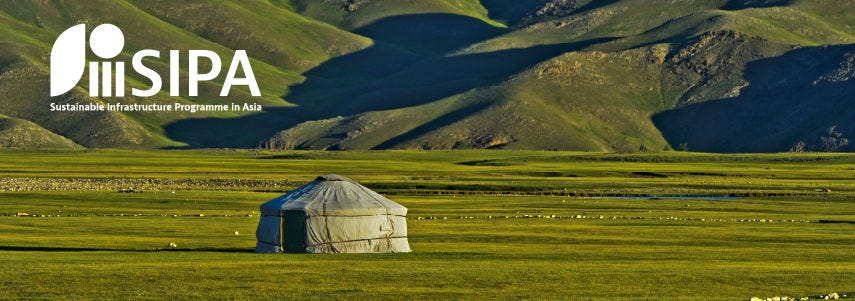As Mongolia develops long-term development strategies, there is a unique opportunity to help direct investments towards energy, transport and industry infrastructure projects that support economic growth and job creation in the short term and assist the transition towards an economic model compatible with the Paris Agreement and the SDGs in the long-term.
In Mongolia, SIPA aims to encourage the adoption of robust strategic planning practices and a systemic, whole-of-government, whole-of-economy approach to climate change and economic development.
SIPA’s activities in Mongolia related to infrastructure planning and evaluation include support to develop a whole-of-economy low-emission development strategy to 2050 (implemented by IDDRI) as well as a pilot multidimensional assessment of a major infrastructure project (IISD). To mainstream resilience against climate change risks into strategic infrastructure planning, SIPA is reviewing and providing recommendations on planning processes, institutions and instruments (OECD). Sectoral work in Mongolia focuses on developing a low-carbon transport strategy for the city of Ulaanbaatar (ITF), decarbonisation strategies for high-impact industries (OECD) and a regional study on improving low-carbon transport and logistics connectivity (ITF). SIPA includes an array of capacity development activities, including to promote responsible business conduct (RBC) and due diligence (OECD).
